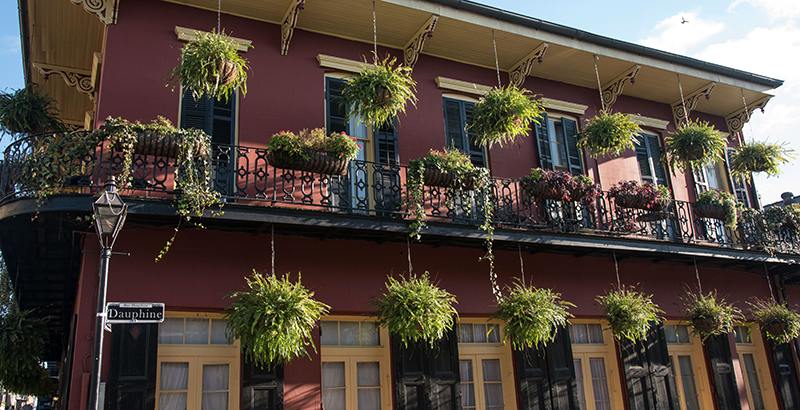Dobard: Charter Schools Aren’t the Problem or a Panacea. We Must Focus on More Great Public Schools of All Types

This election season, presidential hopefuls have spoken out on important issues such as desegregation, an increase in teacher pay and diversity in the teaching profession. But when candidates come out against public charter schools, they miss the mark — and do our students a disservice.
In the third Democratic primary debate, there was productive discussion of these issues. Elizabeth Warren and Julián Castro appeared skeptical of charters, but both made important and impassioned calls for higher teacher pay. Others, like Cory Booker and Andrew Yang, took on the charter debate directly. They made the important points that when it comes to public schools, we should be, as Yang put it, “pro-good schools,” regardless of what kind of public school they are, and that we should close low-performing charter schools and grow high-performing ones.
Other candidates should consider this perspective. Standing against public charters means treating a diverse body of schools as a monolith. It also distracts from the reality at hand: American public education as a whole needs to improve, especially for students of color and students in low-income communities. Charter schools are neither the problem nor a panacea.
In New Orleans, what matters is not our schools’ charter status but the education they provide our children. Just like traditional public schools, not every public charter school is high-performing, which is why it’s important to have strong accountability for all schools. Those not serving students well should face consequences.
Across the country, families, educators and politicians want to see students thrive in high-quality schools. They also want public schools to be more equitable. New Orleans, like many districts educating primarily students of color from low-income backgrounds, struggled with academic outcomes for decades. Fifteen years ago, just over half the city’s students were graduating from high school. Only a quarter were academically eligible for the state’s college scholarship. Today, that scholarship eligibility has almost doubled, and nearly 80 percent of students are graduating from high school on time.
During this time period, all New Orleans schools became public, nonprofit charters. However, these positive shifts didn’t happen simply because they were charters; the city’s success is owed to the fact that the schools have been empowered to lead, teachers have been given the flexibility to innovate, nonprofits and other organizations have collaborated for support, and the regulating bodies have made sure that schools that were not serving children well did not stay open. This shared work of regulators, innovators and collaborators has been key.
Strong accountability has been crucial as well. Charter critics speak of schools running away with city funds and students’ futures, keeping children for years in schools where they are not learning. New Orleans’s accountability structure keeps this from happening. Of course, no school system, or any organization, can entirely prevent bad actors. But New Orleans’s central regulator, NOLA Public Schools, is able to swiftly take action when things go wrong and has taken such action this year.
Like all public schools, New Orleans schools thrive when they have excellent educators and academics, engaging extracurriculars like band and athletics, and a warm, supportive culture. New Orleans’s charters also share certain challenges with all public schools, like inadequate funding and teacher retention. Like educators across America, our teachers give their heart and soul to their classrooms. Like young people nationwide, our students are working hard to learn, grow and reach their dreams.
There is no quick fix in New Orleans, or in any city. There’s more work to do to ensure that all students are receiving a high-quality education, but I’m proud of how far the city has come.
Making sweeping assumptions about any aspect of the public education system is just irresponsible. Instead, candidates should focus on issues that hold students back nationwide: pitiful funding, lowered standards and inadequate opportunities for students of color. If they are looking for inspiration in this process, they can look to New Orleans’s teachers and schools. I challenge people who are genuinely interested in improving public schools for all children to refrain from always saying what they’re against and to instead stand up and say what they’re for. I am for more high-quality public schools nationwide. Together, we can all work for more great schools, not just in New Orleans but across the country.
Patrick Dobard is CEO of New Schools for New Orleans.
Get stories like these delivered straight to your inbox. Sign up for The 74 Newsletter

;)